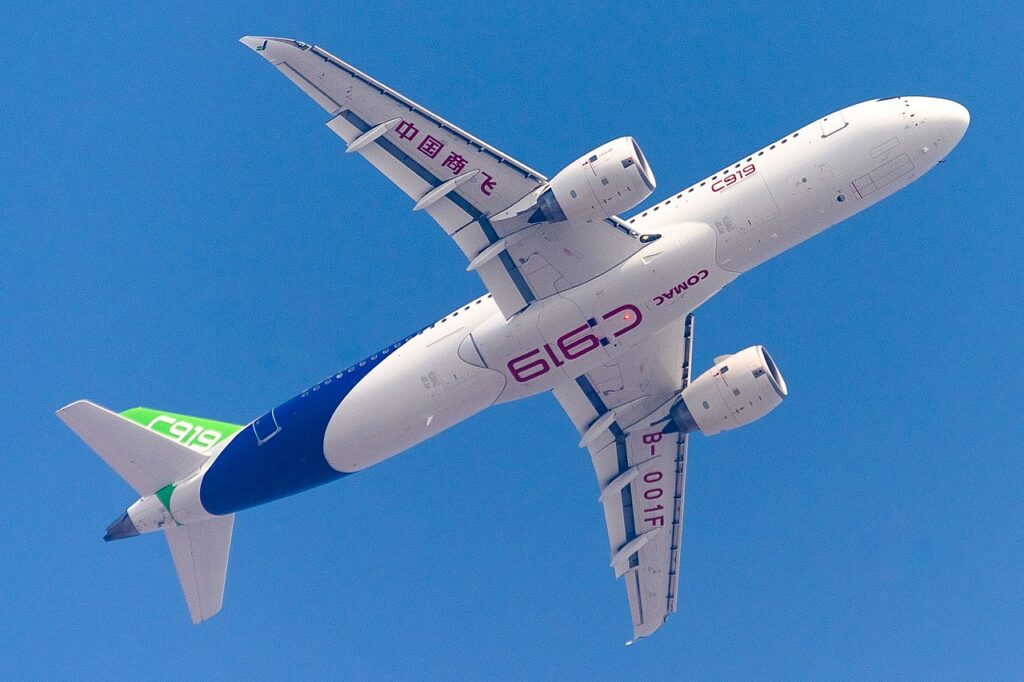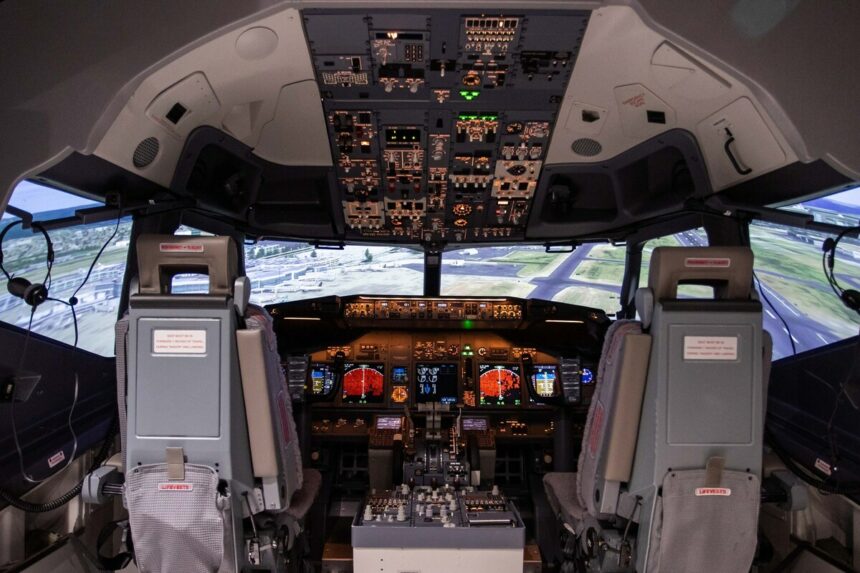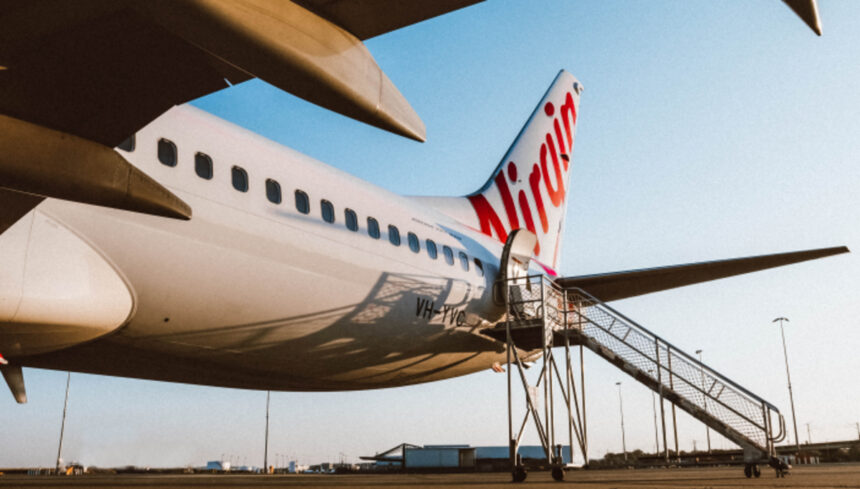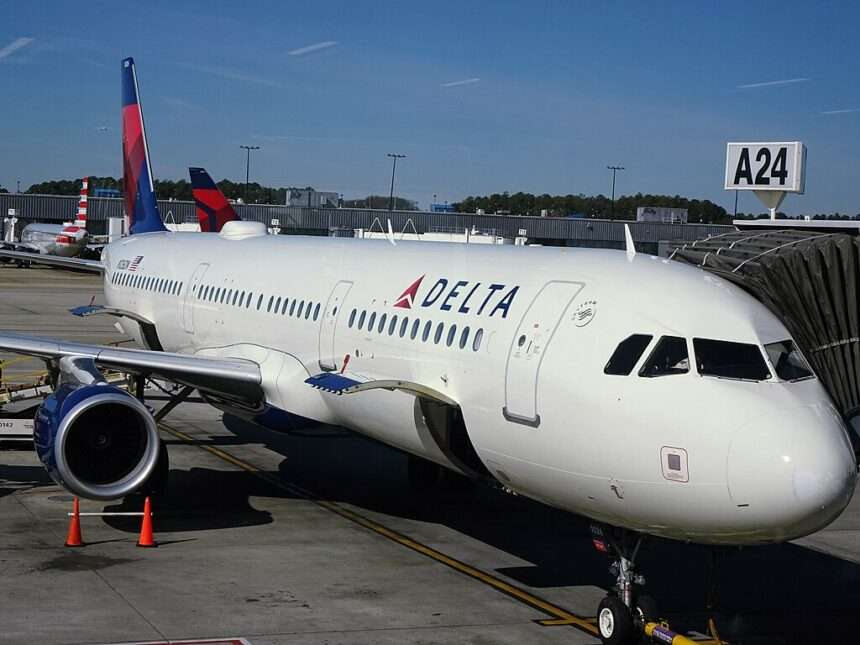Air China, one of the three largest Chinese airlines, has announced its intention to purchase 100 COMAC C919 aircraft.
The massive deal, which was announced on 26 April, has been valued at US$10.8 billion on current list prices. Deliveries of the aircraft are scheduled to take place between 2024 and 2031.
This landmark deal with the Beijing-based carrier, signifies a major boost for China’s homegrown passenger aircraft program. It also solidifies the potential challenge to the longstanding duopoly of Airbus and Boeing.
Positioning the COMAC C919
The COMAC C919 is a narrowbody jetliner designed to compete directly with the Boeing 737 MAX and the Airbus A320neo family.
With a maximum seating capacity of 192 passengers, the C919 all neatly caters to the high-demand short and medium-haul routes.
These are typically prevalent within China and the broader Asian region, making the homegrown aircraft a viable market contender.

Air China’s order, valued at an estimated US $10.8 billion based on list prices, marks a significant commitment to the C919 program.
While the final price might be lower due to undisclosed discounts, this deal clearly strengthens COMAC’s positioning in the commercial aircraft market.
Deliveries are expected to commence in 2024 and continue progressively until 2031, allowing Air China to gradually integrate the C919 into its fleet.

Breaking the Airbus-Boeing Grip
For decades, Airbus and Boeing have dominated the commercial aircraft market, with airlines worldwide largely relying on their established models.
The C919, if successful, could disrupt this status quo. China, with its booming aviation sector, presents a vast potential market for COMAC. The broader Southeast Asian region becomes a further lucrative proposition to give the new airliner market foothold.
Additionally, the C919’s competitive pricing and operating costs could entice airlines in other regions seeking alternatives to the traditional giants.
As a new entry, the narrowbody aircraft faces the natural disadvantage of being an unknown quantity against current market product.
The C919’s overall performance and safety record will ultimately be crucial factors in determining its long-term success.
The C919 will need to accumulate operational experience to gain the wider confidence of airlines and passengers alike. The latest bulk purchase by Air China will certainly go some way towards contributing to this.
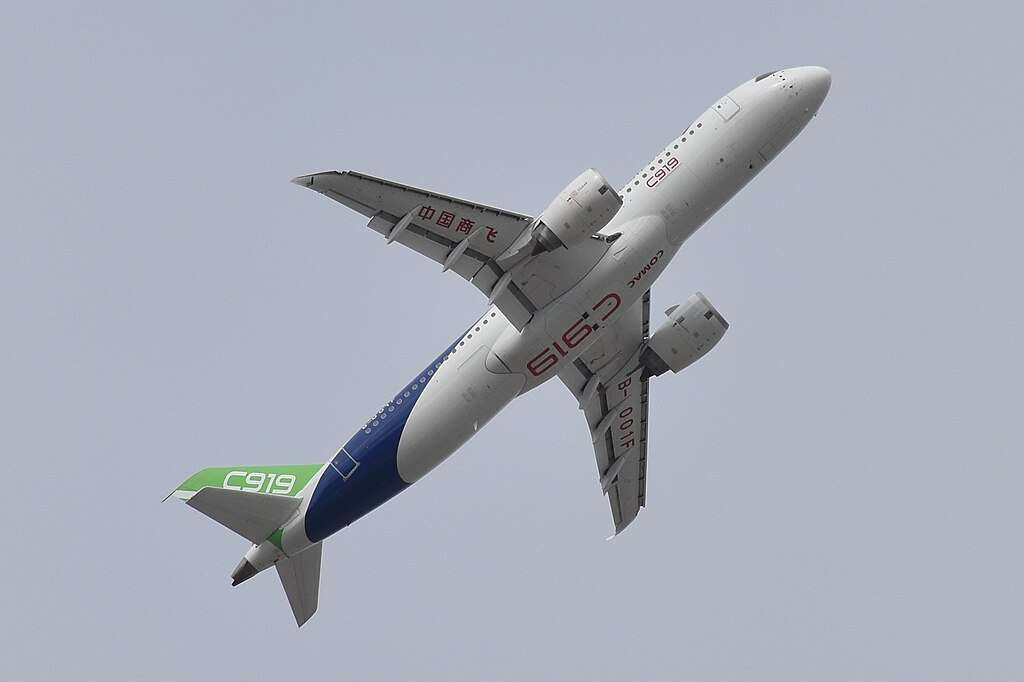
Air China’s Strategic Move
Air China’s decision to embrace the C919 can be viewed from multiple perspectives. The airline benefits from potentially lower acquisition and operating costs compared to established Airbus and Boeing models.
Additionally, being an early adopter positions Air China as a leader in supporting China’s domestic aviation ambitions.
Looking Ahead
The Air China-COMAC C919 deal marks a significant development in the global aviation landscape. While the full impact remains to be seen, it paves the way for a more competitive market with a potentially strong Chinese contender.
The success of the C919 program will depend on factors like technological advancements, operational performance, and global market acceptance.
Only time will tell if the C919 can truly challenge the dominance of Airbus and Boeing. That being said, the skies are beginning to look like less of a two-horse race, at least in Asia.

Click the banner to subscribe to our weekly newsleter.

Click the photo to join our WhatsApp channel so then you can stay up to date with everything going on in the aviation industry!





